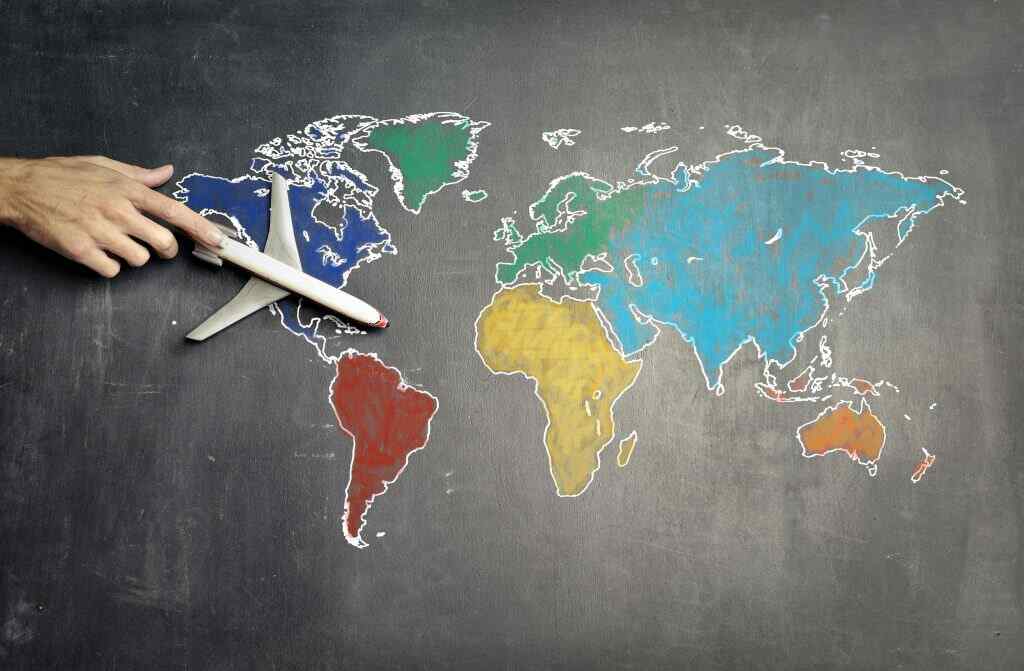JetBlue-Spirit Merger: A Saga of Fallen Hopes and Uncertain Futures
Prologue: The Allure of Consolidation
In the ever-evolving landscape of the airline industry, mergers and acquisitions have often been seen as a strategic elixir, promising economies of scale, expanded networks, and enhanced competitiveness. Against this backdrop, the proposed merger between JetBlue Airways and Spirit Airlines, announced in July 2022, held the promise of creating the nation’s fifth-largest airline, a formidable entity poised to challenge industry giants like American Airlines, United Airlines, Delta Air Lines, and Southwest Airlines.
Chapter 1: A Love Story Thwarted
The courtship between JetBlue and Spirit, however, was destined to face formidable headwinds. On July 27, 2023, a federal judge, William Young of the U.S. District Court in Boston, dealt a crushing blow to the merger, issuing a preliminary injunction that effectively halted the deal in its tracks. Judge Young’s ruling cited concerns that the merger would reduce competition, leading to higher fares and diminished consumer choice, particularly for budget-conscious travelers who have long relied on Spirit’s ultra-low-cost model.
Chapter 2: Market Turmoil and Investor Jitters
The news of the merger’s demise sent shockwaves through the financial markets, triggering a precipitous decline in the share prices of both JetBlue and Spirit. Spirit Airlines, in particular, bore the brunt of the fallout, with its stock plummeting by a staggering 22% on the day of the ruling, followed by another 60% decline in the ensuing weeks. The airline’s market capitalization, once valued at over $3 billion, withered to a mere fraction of its former glory.
The Aftermath: Unraveling the Consequences
The failed merger has left both JetBlue and Spirit grappling with a multitude of challenges. JetBlue, which had envisioned the acquisition as a transformative step in its growth strategy, now finds itself facing a recalibrated future, devoid of the anticipated network expansion and cost synergies. The airline’s reputation has also taken a hit, as investors question its ability to navigate the increasingly competitive airline landscape.
Spirit Airlines, meanwhile, finds itself in an even more precarious position. The loss of the merger has cast a long shadow of uncertainty over its long-term viability. The airline’s ultra-low-cost model, once its defining characteristic, is now seen as a potential liability in a post-merger world, where it may struggle to compete with larger, more established carriers.
The Road Ahead: Uncharted Territories
The failed JetBlue-Spirit merger has left the airline industry in a state of flux. The ramifications of this decision will continue to reverberate for years to come, shaping the competitive dynamics, pricing strategies, and consumer experiences within the sector.
Epilogue: Lessons Learned
The JetBlue-Spirit saga serves as a cautionary tale, highlighting the unpredictable nature of mergers and acquisitions, particularly in the highly regulated airline industry. It underscores the need for careful consideration of antitrust implications, the importance of addressing consumer concerns, and the significance of regulatory scrutiny in shaping the future of the industry.
The opinions expressed in this article are those of the author alone and do not necessarily reflect the views of any organization or individual.
